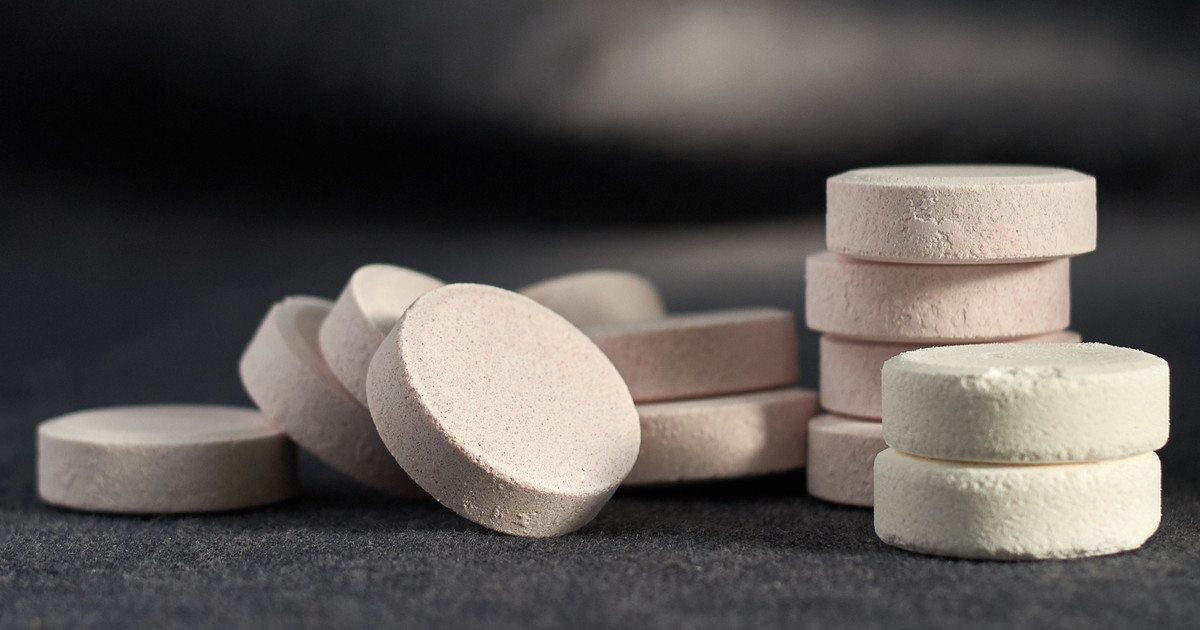Overview Of The Best High Blood Pressure Medications
High blood pressure is a blood pressure reading that is over 120/80 mmHg. It occurs when an individual's heart must work harder than normal in order to pump enough blood through the blood vessels to other regions of their body. This is what makes the pressure in the individual's arteries rise. Unfortunately, high blood pressure is a significant risk factor for several conditions. For example, it is the biggest risk factor for stroke. High blood pressure significantly increases an individual's risk of heart disease and diabetes as well.
Patients need to receive high blood pressure treatment. Many patients will try home care for high blood pressure and engage in natural remedies. Examples of such remedies include making dietary adjustments, starting a weight loss program, and drinking more water. Some will also try Chinese herbs for high blood pressure. Of course, there are also medical options, including biofeedback for high blood pressure and prescription medication for high blood pressure. Uncover information on the most common blood pressure medications now.
Amlodipine

Amlodipine lowers blood pressure by dilating blood vessels to improve blood flow. It belongs to a class of medicines called calcium channel blockers. Patients who are at least six years old can take this medication. It is a common treatment for both hypertension and chest pain. Before starting treatment, patients should let their doctor know if they have ever had liver disease, congestive heart failure, or aortic stenosis. Individuals with chest pain (angina) may notice increased pain when they first start taking this drug.
Patients will have follow-up appointments to monitor their blood pressure during treatment. Of course, this medication has side effects. The most common include stomach pain, nausea, skin flushing, dizziness, and drowsiness. This medication also has several drug interactions. Thus, patients should review their current medications with a doctor. It is vital to include other medicines for heart or blood pressure issues, especially nitroglycerin and simvastatin, on this list.
Losartan

Losartan is part of a drug class called angiotensin II receptor antagonists. It reduces blood pressure by preventing the narrowing of the blood vessels. This medication treats high blood pressure and reduces the risk of heart attacks and strokes. It may also be prescribed to slow the progression of chronic kidney damage in individuals with type 2 diabetes and high blood pressure. Of course, patients should review their medical history with their doctor before taking this medication. It is vital to review any history of kidney disease, liver disease, electrolyte imbalances, dehydration, or congestive heart failure. It can take between three to six weeks for this drug to reduce blood pressure.
Patients should not use potassium supplements or salt substitutes while they are on this medicine. They should also avoid alcohol consumption. Since this medicine can cause lightheadedness and increase the risk of falls, patients must take extra care when they stand up from a sitting or lying position. Insomnia, dry coughs, muscle cramps, stomach pain, sore throat, and back pain are common side effects of this drug. Finally, this medication also has many interactions. Examples include acetylsalicylic acid, lithium, diuretics, and other blood pressure medicines.
Lisinopril

Lisinopril is an angiotensin-converting enzyme inhibitor. It helps relax the blood vessels. Of course, this medication is used in the treatment of hypertension and congestive heart failure. However, it is not safe for use in individuals with a history of angioedema. Individuals who are allergic to any angiotensin-converting enzyme inhibitor should not use this drug. Before this medicine is prescribed, patients need to let their doctor know if they have any history of kidney disease, liver disease, or high potassium. Pregnant women cannot take this medication. This drug has several common side effects, such as chest pain, headaches, dizziness, and coughing.
Patients should inform their doctor immediately if they develop a fever, sore throat, or lightheadedness during treatment. They should also tell them right away if they have signs of liver damage, kidney issues, or high potassium. This includes irregular heartbeats, jaundice, and reduced or absent urination. This medicine can increase the risk for heatstroke. Thus, patients should drink plenty of fluids to prevent dehydration. Patients must also avoid getting overheated during exercise. Of course, this medication has several potential interactions. Examples of such interactions include lithium, diuretics, oral diabetes medicines, insulin, gold injections, and nonsteroidal anti-inflammatories.
Chlorthalidone

Chlorthalidone is a diuretic that stops the body from absorbing excessive amounts of salt. It is used to treat high blood pressure. This medication is also prescribed to treat fluid retention, often called edema, in patients with congestive heart failure, kidney disorders, or liver cirrhosis. However, individuals with allergies to sulfa drugs should not take this medicine. Before this drug is prescribed, patients should talk about their medical history with their doctor. It is vital to discuss a history of gout, diabetes, high cholesterol, high triglycerides, kidney disease, or heart failure. The physician will also need to know if the patient is pregnant or following a low-salt diet. This drug is not safe for use in patients who are breastfeeding.
This medicine also has a variety of potential side effects. Common side effects include lightheadedness, dizziness, kidney issues, low potassium, and low magnesium. Patients should call their doctor immediately if they experience vomiting, diarrhea, or excessive sweating. If vomiting occurs, patients may need to have urine and blood tests. All patients who take this medicine will have frequent follow-up appointments to check their blood pressure. Other medications will interact with this one. Examples include digoxin, steroids, oral diabetes medicines, insulin, and other high blood pressure medicines.
Metoprolol

Metoprolol is a beta-blocker. Similar to others, it helps treat hypertension and chest pain. In addition, it may be prescribed to reduce the risk of hospitalization or death in heart failure patients. Most patients take metoprolol by mouth. In addition, emergency room personnel may administer it by injection to patients in the early stages of a heart attack. This drug is not suitable for certain patients. Examples include those with slow heart rates, sick sinus syndrome, heart block, severe circulation issues, or severe heart failure. In addition, doctors need to know if the patient has any heart, liver, or thyroid issues. Patients should also let their doctor know about any history of diabetes, asthma, chronic obstructive pulmonary disease, breathing disorders, or pheochromocytoma.
Patients must take this medication at the same time each day, ideally with a meal. However, they can also take it immediately after a meal. Frequent medical tests and blood pressure checks are necessary during treatment. Some of the most common side effects of this medicine include depression, nightmares, insomnia, memory problems, confusion, and diarrhea. Patients must review their current medications with a doctor before taking this drug. This is because it has a variety of potential interactions. For instance, it can interact with epinephrine and certain antidepressants, such as selegiline. It also interacts with ergonovine, dihydroergotamine, and similar medicines.
